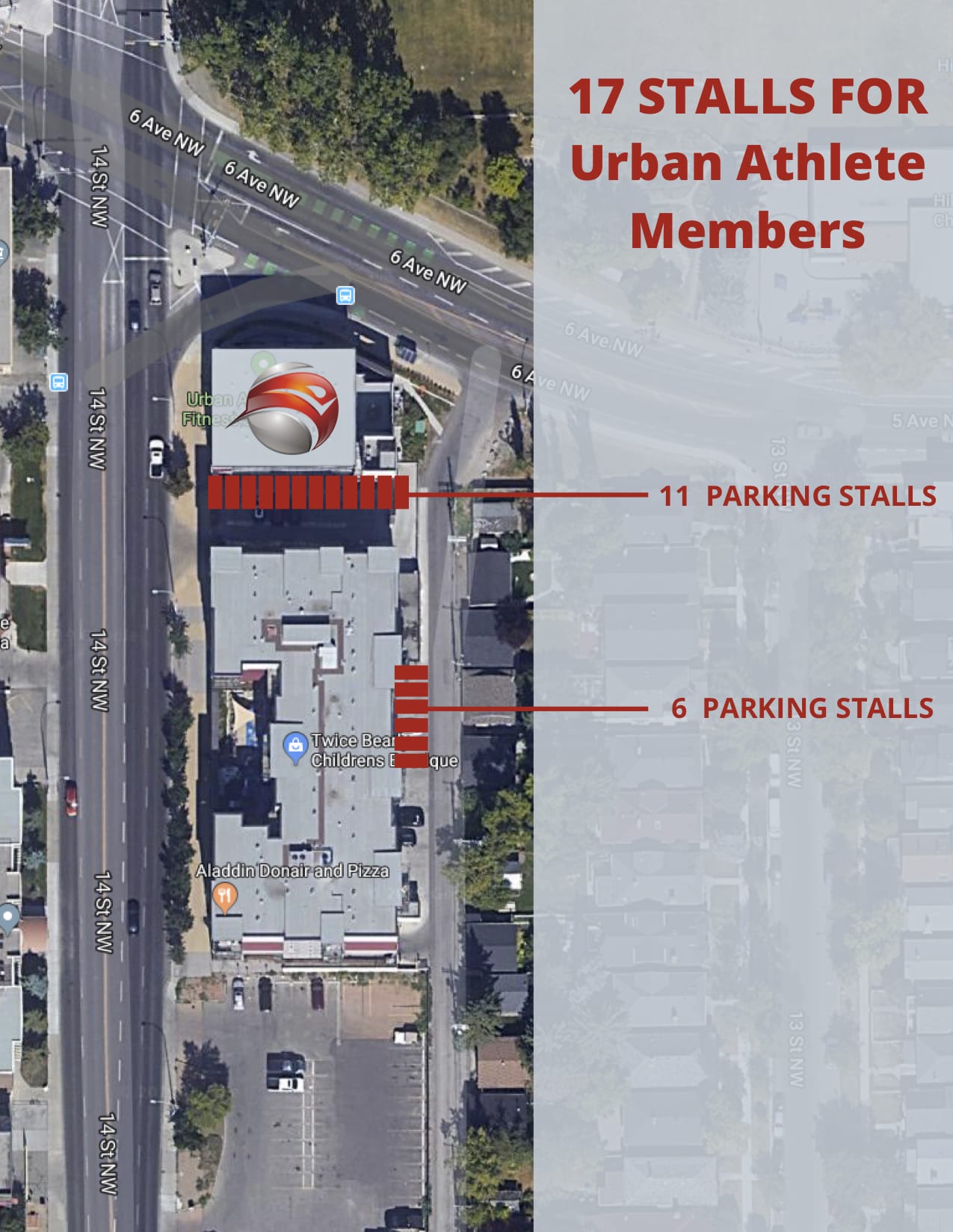
The Vital Connection Between Sleep and Your Fitness Journey
In the hustle and bustle of modern life, sleep often takes a backseat to our busy schedules. Yet, sleep is far from being just a luxury; it’s a fundamental component of overall health and well-being. One crucial aspect of sleep that is frequently overlooked is its profound impact on nutrition and muscle recovery. In this post, we’ll explore the intricate relationship between sleep, nutrition, and fitness, shedding light on how sleep deprivation can wreak havoc on your body’s ability to function optimally.
Human Growth Hormone (HGH):
Did you know that during sleep, your body releases human growth hormone (HGH)? This powerful hormone plays a key role in promoting healing, recovery, and growth. It aids in repairing damaged tissues, building muscle mass, and maintaining the health of various organs. Essentially, HGH acts as the body’s natural repair and rejuvenation mechanism, ensuring that you wake up feeling refreshed and energized. Unfortunately, when sleep is compromised, so is the release of HGH.
Cortisol:
Another hormone affected by sleep deprivation is cortisol, often referred to as the stress hormone. Elevated levels of cortisol due to sleep deprivation can wreak havoc on your metabolism. Cortisol influences how your body uses fats, proteins, and carbohydrates for energy. When cortisol levels are high, your body may prioritize storing fat rather than burning it for fuel. This can lead to weight gain, particularly around the abdomen, and an increased risk of metabolic disorders such as diabetes and obesity.
Impaired Glucose Metabolism
Furthermore, sleep deprivation has been linked to impaired glucose metabolism, which can hinder the body’s ability to regulate blood sugar levels effectively. This can result in insulin resistance, a condition where cells become less responsive to insulin, leading to elevated blood sugar levels. Additionally, poor sleep quality can impair the absorption of other vital nutrients, further exacerbating nutritional deficiencies.
The Neural Response to Junk Food:
Not only does sleep deprivation impact the body on a physiological level, but it also affects our behavior and food choices. Studies have shown that sleep-deprived individuals are more likely to make poor nutrition choices, particularly when it comes to selecting high-calorie, low-nutrient foods. This can be attributed to a stronger neural response to junk food, making it harder to resist unhealthy cravings and opt for nutritious options instead.
The connection between sleep and nutrition is undeniable. To safeguard your well-being, prioritize getting adequate sleep each night. Aim for 7-9 hours of quality sleep to allow your body to reap the full benefits. By prioritizing sleep, you’ll not only feel more energized and alert but also support your body’s ability to maintain a healthy weight, regulate blood sugar levels, and absorb essential nutrients. Remember, investing in quality sleep is one of the most powerful investments you can make for your overall health and longevity.






